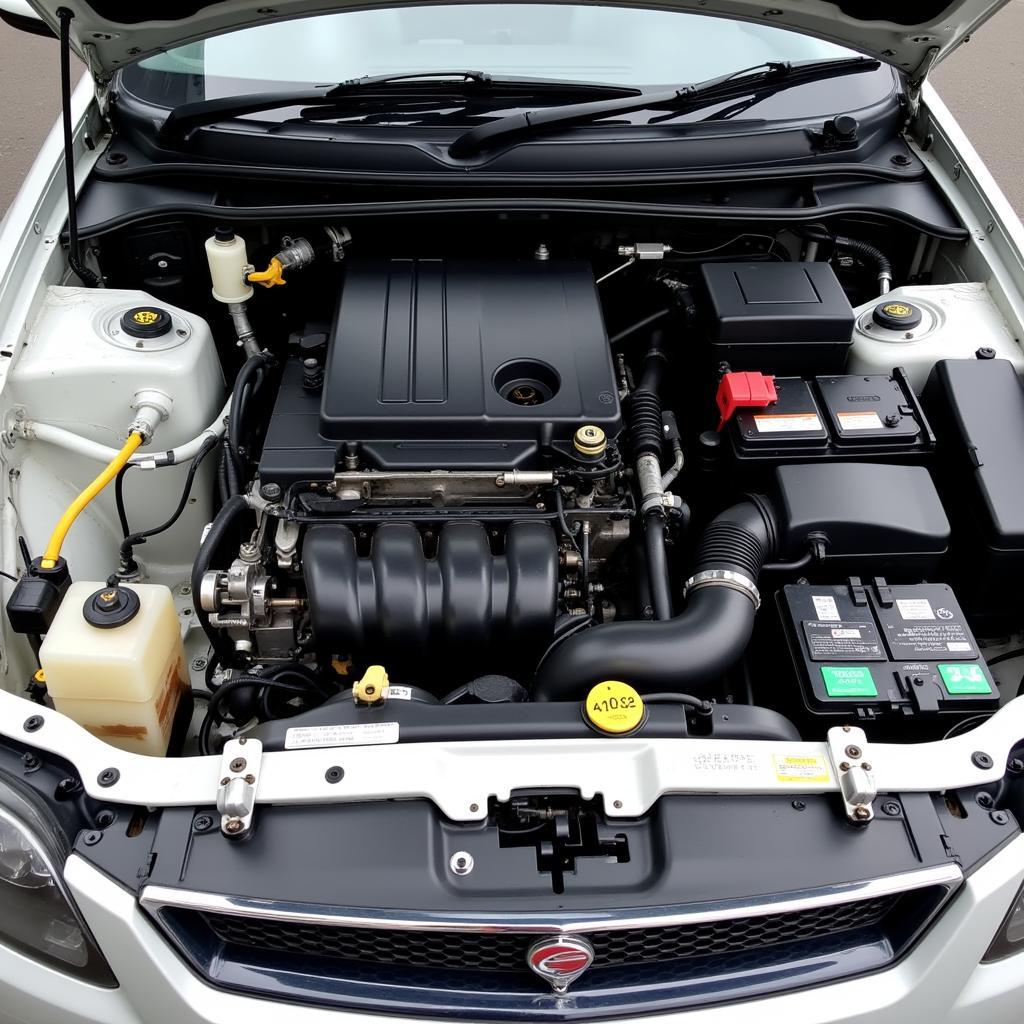When it comes to car repairs, one question that often pops up is: Are German cars really more expensive to fix than Japanese cars? The answer, as with many things in life, is not a simple yes or no. While German cars have a reputation for higher repair costs, it’s not always a straightforward comparison. Several factors can influence the final bill, making it crucial to look beyond the brand name.
Unveiling the Factors: What Drives Up Repair Costs?
Before diving into the German vs. Japanese debate, it’s essential to understand what factors generally contribute to higher repair costs:
- Specialized Parts: Cars with complex technology or unique engineering often require specialized parts, which can be more expensive to source.
- Labor Costs: Labor rates for specialized mechanics, especially those trained to work on specific European brands, can be higher than those for general mechanics.
- Frequency of Repairs: Some cars, regardless of their origin, may have common issues that require frequent repairs, leading to higher overall costs.
German Cars: Engineering Excellence and Its Price Tag
German cars are renowned for their precision engineering, high-performance engines, and luxurious features. However, these sophisticated systems can sometimes translate to higher repair costs. Here’s why:
- Advanced Technology: German manufacturers often introduce cutting-edge technology, such as turbochargers, direct injection systems, and complex electronics. While these features enhance performance, they can also be costly to repair or replace.
- Proprietary Parts: German automakers often use proprietary parts, meaning they are the sole manufacturers or suppliers. This limited availability can drive up prices compared to more readily available parts for Japanese cars.
“German cars are like finely tuned instruments. They require specialized knowledge and often, specialized parts, which can impact repair costs,” says Master Technician, Hans Schmidt. “However, their longevity and performance can often offset these costs over the long run.”
Japanese Cars: Reputation for Reliability and Affordability
Japanese cars have earned a solid reputation for their reliability and generally lower repair costs. Several factors contribute to this:
- Focus on Simplicity: Japanese automakers often prioritize simpler designs and proven technologies, making them generally easier and less expensive to maintain.
- Widely Available Parts: Parts for Japanese cars are often readily available from multiple manufacturers, leading to greater competition and lower prices for consumers.
 Japanese Car Engine
Japanese Car Engine
“Many Japanese car models are designed with ease of repair in mind,” says experienced mechanic, Akira Sato. “The use of standardized parts and simpler designs often translates to quicker and more affordable repairs.”
The Verdict: It’s More Than Just the Badge
While it’s tempting to make sweeping generalizations, the truth is that the cost to fix a German car versus a Japanese car depends on a multitude of factors. The specific model, its age, maintenance history, and the geographic location of the repair shop all play a role.
Here’s a quick comparison table to consider:
| Feature | German Cars | Japanese Cars |
|---|---|---|
| Average Repair Cost | Potentially higher | Potentially lower |
| Parts Availability | Often proprietary | Widely available |
| Labor Costs | Potentially higher | Potentially lower |
| Common Issues | Model-specific | Model-specific |
Making Informed Decisions: Tips for Car Owners
Whether you’re a German car enthusiast or a Japanese car devotee, here are some tips to manage your car repair costs effectively:
- Research Before You Buy: Before purchasing any car, research its reliability ratings, common issues, and estimated maintenance costs. Online forums and consumer reports can offer valuable insights.
- Follow Scheduled Maintenance: Adhering to your car’s recommended maintenance schedule can prevent small issues from escalating into major, costly repairs down the line.
- Shop Around for Repairs: Don’t hesitate to get quotes from multiple mechanics, including those specializing in German or Japanese vehicles, to compare prices for parts and labor.
- Consider DIY for Simple Repairs: For minor repairs or routine maintenance, consider tackling the task yourself if you have the skills and comfort level.
Need Expert Advice on Car Repairs? We’re Here to Help!
Choosing between a German and a Japanese car involves weighing various factors, including potential repair costs. At AutoTipPro, we’re dedicated to providing you with the information and resources you need to make informed decisions about your vehicle. Contact us today at +1 (641) 206-8880 or visit our office at 500 N St Mary’s St, San Antonio, TX 78205, United States.




Leave a Reply